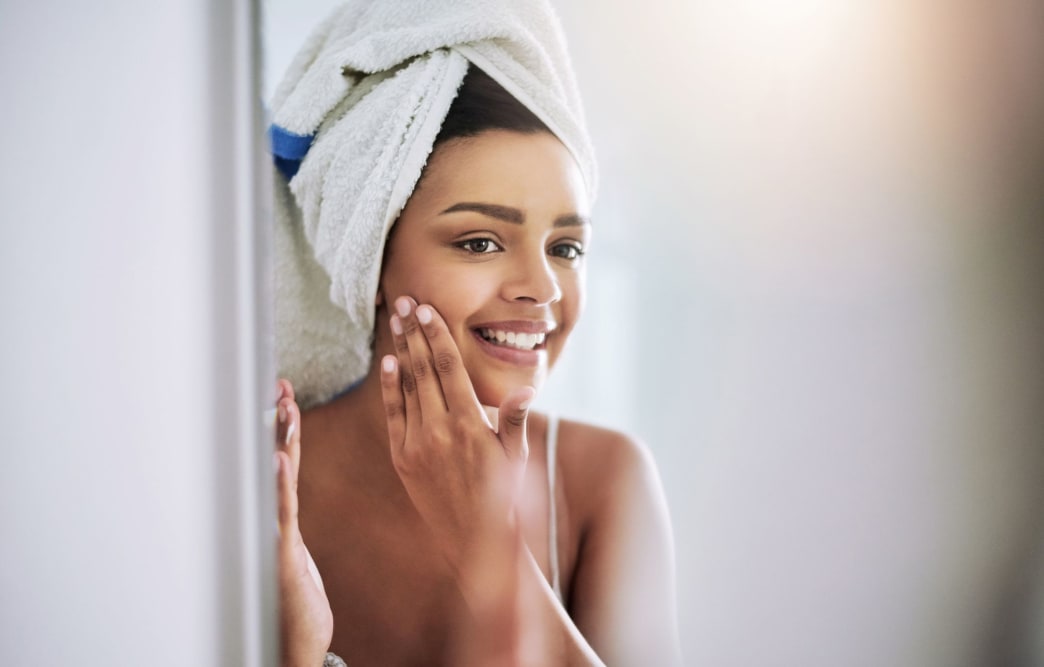
4 Stress-Busting Supplements
1. Multivitamins for Stress & Anxiety
A simple daily multi can go a long way to decreasing stress. Studies have linked stress with deficiencies in micronutrients, so it makes sense that a broad-spectrum multi with a wide range of nutrients can boost mood. In one study, men who took a daily multi containing vitamins, minerals, and antioxidants showed a significant reduction in anxiety and stress, and an improvement in alertness and general daily functioning, compared with men taking a placebo. Another study showed similar results, and suggested that enhanced B vitamin status played a large part in the findings. A review of eight different studies found that multivitamin supplementation reduced levels of perceived stress and anxiety, as well as fatigue and confusion.
2. Holy Basil for Calming & Mental Focus
Also called tulsi, holy basil comes from an Indian plant that’s been used for thousands of years in Ayurvedic medicine for its calming properties and other benefits. Modern studies show that holy basil can address psychological stress and improve memory and cognitive function. It also has powerful anti-anxiety and antidepressant actions. Other studies suggest that holy basil has anti-stress effects comparable to antidepressant drugs.
3. Passionflower for Restlessness
A climbing vine native to the southeastern United States, passionflower has a long history of use in herbal medicine to relieve stress and anxiety. Now, modern research supports its use as a treatment for restlessness, nervousness, and anxiety, and three human trials have documented the efficacy of passionflower as a treatment for anxiety-related disorders. In one study comparing passionflower with a prescription anti-anxiety medication, no difference was found in effectiveness between the two, and subjects from the passionflower group reported lower job impairment performance than those in the drug group.
4. L-theanine for a Mood Boost
This amino acid, found in green tea, has a measurable calming effect on the brain; it’s able to cross the blood-brain barrier and increase the body’s production of both GABA and dopamine, neurotransmitters that induce feelings of well-being. In one study, people were given L-theanine and an anti-anxiety drug, then subjected to experimentally induced anxiety. The people who received L-theanine had lower anxiety throughout the trial than those who took the prescription drug.
Written by Lisa Turner for Better Nutrition and legally licensed through the Matcha publisher network. Please direct all licensing questions to legal@getmatcha.com.

